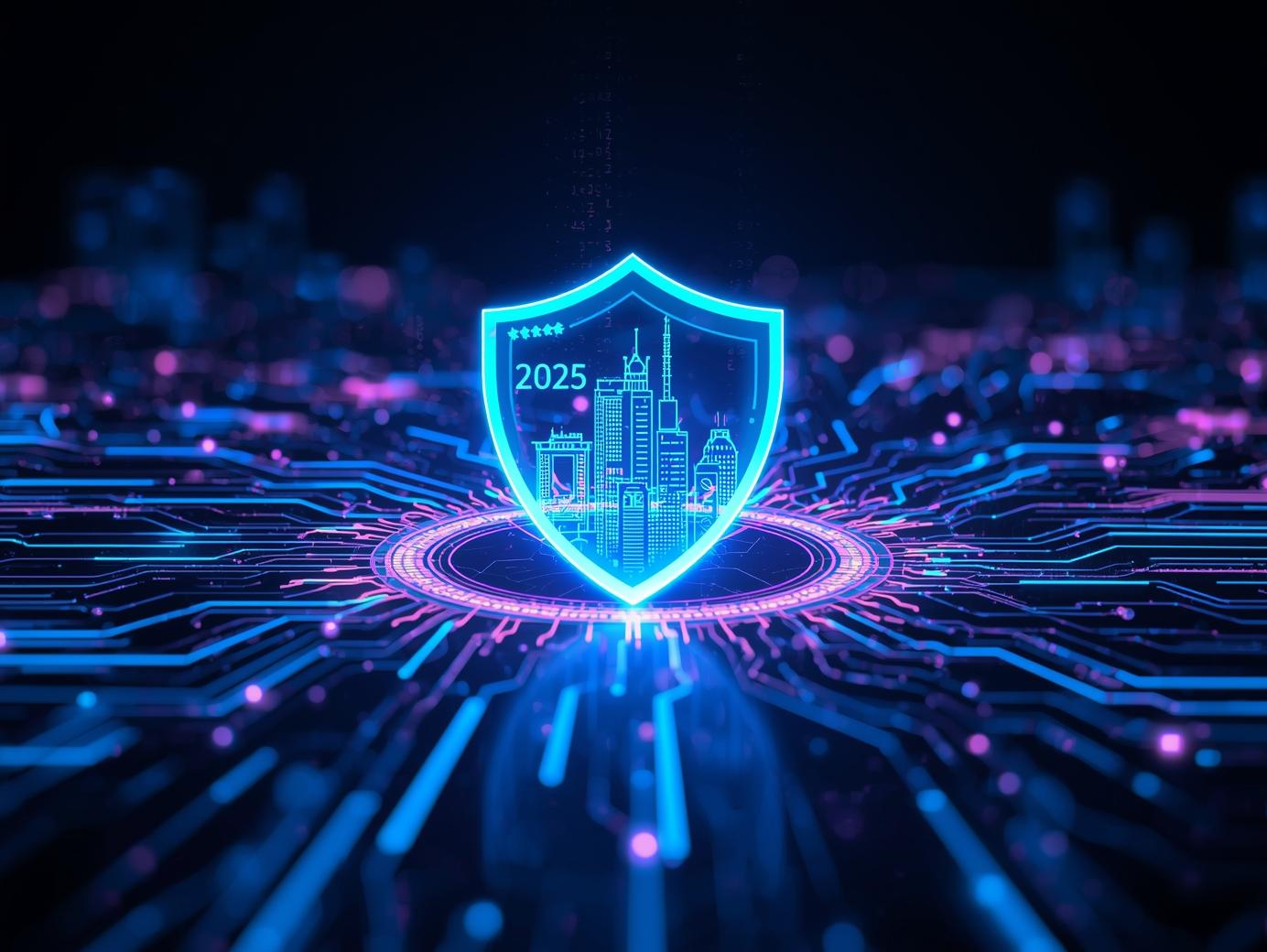Cybersecurity in 2025: Protecting Your Business in a Digital Age

Introduction :
In 2025, cybersecurity is no longer just a technical issue it’s a business-critical priority. With organizations increasingly dependent on digital infrastructure, the stakes have never been higher. Cybercriminals are leveraging advanced tools like artificial intelligence (AI) and automated attack systems, making it harder for traditional defenses to keep up.
The reality is clear: protecting business data is no longer optional it’s essential. Companies that fail to invest in cybersecurity risk financial loss, reputational damage, and regulatory penalties.
At Tivora, we understand that security must be built into the foundation of every digital solution. Let’s explore the key cybersecurity practices businesses must prioritize in 2025.
1: Rising Threats Like AI-Powered Cyberattacks
Cybercriminals are becoming smarter. With access to AI-driven attack tools, hackers can now:
Launch automated phishing campaigns that adapt in real time
Use machine learning to bypass traditional firewalls and antivirus tools
Execute deepfake scams targeting executives and employees
Identify vulnerabilities faster than human analysts
The speed, scale, and sophistication of these attacks mean businesses can’t rely on outdated defenses. Proactive cybersecurity strategies—powered by AI threat detection and predictive monitoring—are now a necessity.
Example: AI-based intrusion detection systems can recognize abnormal network activity and shut it down before damage occurs.
2: Importance of Multi-Factor Authentication (MFA)
One of the simplest yet most effective security measures is multi-factor authentication (MFA). Passwords alone are no longer sufficient. MFA requires users to verify their identity through two or more methods, such as:
A password (something you know)
A smartphone code or biometric (something you have/are)
By 2025, MFA is considered the gold standard for securing accounts, applications, and sensitive data. Businesses that implement MFA reduce the risk of breaches caused by stolen or weak passwords.
3: Cloud Security Best Practices
As more businesses migrate to the cloud, cloud security is critical. While cloud providers like AWS, Azure, and Google Cloud offer built-in protections, the responsibility of data security still falls on businesses.
Best practices include:
Encrypting data at rest and in transit
Using role-based access controls (RBAC)
Regularly updating configurations and patches
Monitoring for unusual activity with cloud-native security tools
4: Regular Vulnerability Testing
Cybersecurity isn’t a one-time effort it requires constant vigilance. Regular vulnerability testing and penetration testing help identify weak points before attackers exploit them.
Key practices:
Quarterly penetration tests to simulate real-world attacks
Automated vulnerability scans across networks and applications
Patch management to address issues quickly
By testing systems regularly, businesses can stay ahead of hackers instead of reacting after the damage is done.
5: Employee Cyber Awareness Training
Even the most advanced security systems can be compromised by human error. In fact, studies show that employee mistakes cause a large percentage of breaches—through phishing clicks, weak passwords, or misconfigured systems.
That’s why ongoing cyber awareness training is essential. Employees should be trained to:
Recognize phishing and social engineering attacks
Follow strong password and device policies
Report suspicious activity quickly
Understand compliance requirements
Conclusion
The cybersecurity landscape in 2025 is more complex and challenging than ever before. With threats like AI-powered attacks, the need for multi-factor authentication, cloud security best practices, regular vulnerability testing, and employee awareness programs, businesses must adopt a proactive approach to protect themselves.
At Tivora, we build solutions with security at the core, ensuring that businesses can innovate confidently without compromising safety. From advanced threat monitoring to compliance-ready architectures, our goal is to keep your organization resilient in the digital age.
